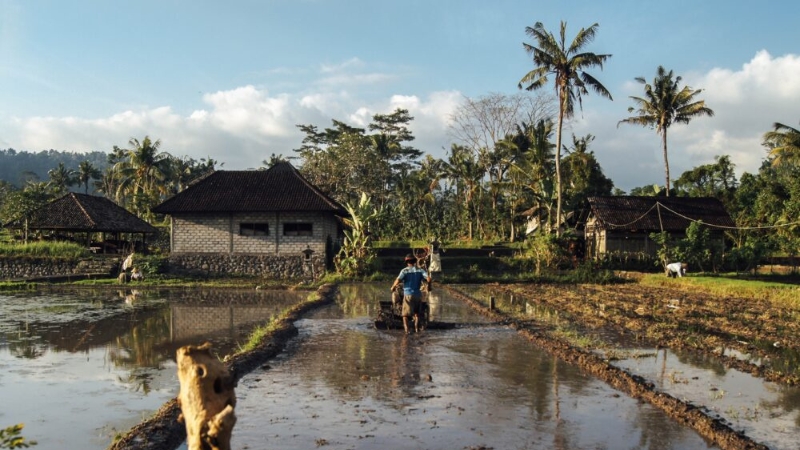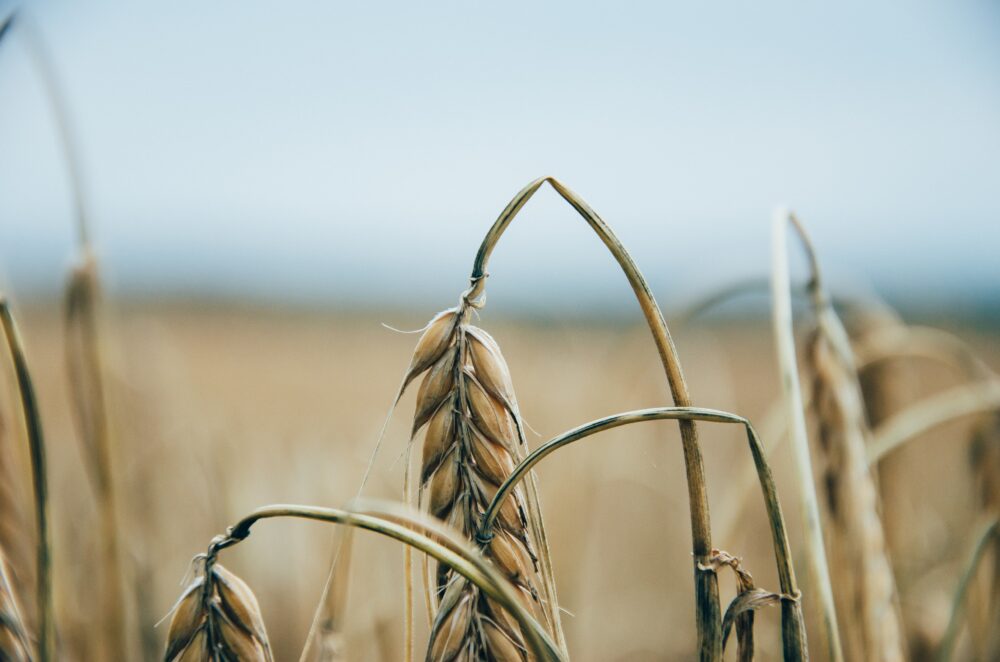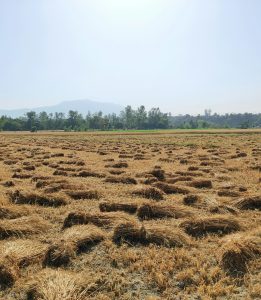
Area of Focus
Agriculture
Extremes in local and regional weather patterns and climate variability have disrupted agricultural production in the past; climate-related changes in temperature and precipitation are expected to affect crop yields in many regions of the world.





